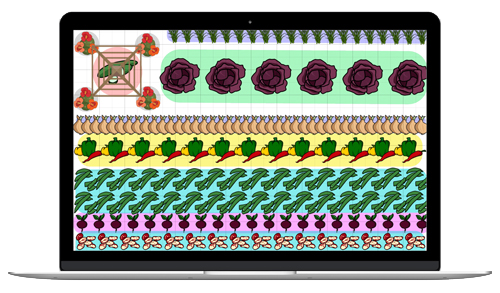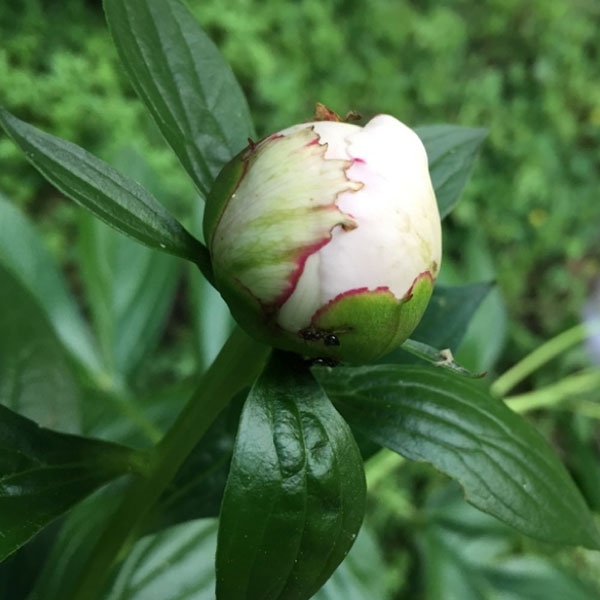
Why Are There Ants on My Peony Flowers?
The Almanac Garden Planner - Use It Free for 7 Days!
Plan your 2025 garden with our award-winning Garden Planner.
ADVERTISEMENT
ants actually protect aphids because they also secrete sticky substances for them to eat. they are known to farm them. just an fyi.
When clipping spent blooms, I almost always get bit by one or two ants that find their way onto my arms.
They bite and those bites hurt a lot!
I will try doing that spent bloom clipping early in the day - will see if that will help avoid them.
Will peonies attract fire ants? These ants are a problem here, but I love peonies - Mom had some in a garden and I would love to get a few, but can't handle the fire ants.
Hi Katherine,
Ants are attracted to the nectar that is present at the base of the green sepals that surround a peony bud. It is a food source for ants, and as mentioned above, the ants in turn provide protection against non-beneficial pests.
Sources do not specify on the kind of ants that are attracted to peonies so it should be assumed that all ants are attracted to the sweet nectar. If you do not have fire ants in your yard and wish to keep them out, it would be best to avoid planting peonies and not risk sending an open invitation to visit. If they are already present on the property, you can plant some peonies with the understanding that it may attract more and you will need to be attentive when working in the garden near them when the blooms appear.
I brought some beautiful peonies from my mom's when she passed, they were big big beautiful flowers and after a couple years the ants built a anthill in them and now they only get about three inches tall and only two shoots come up.
What can I do to help keep them alive.. their dying after the ants got to them. I'm so broken 💔.
I DO NOT KNOW WHY, BUT LAST YEAR I SPRAYED FOR TERMI TES NEAR MY PEONIES, AND THE CHEMICAL KILLED THE ANTS. FIRST TIME MY PEONIES DID NOT OPEN . SAME THING THIS YEAR, AFTER I SPRAYED. THINK I WILL LISTEN TO THE OLD TIMERS ON THIS ONE..
Great article. There are quite a few peonies on my property that were planted by the previous owners. The ants always were a problem so I didn’t really enjoy the flowers. This article has changed my attitude to these lovely, antsy blooms. Thank you.
I have had my peony for about 30 years now. I brought them from my grandmothers house. However I think I may have planted them too deep. They aren't blooming like they should. I wonder if I might have planted them too deep, or if moving them would help them thrive? Maybe they miss her as much as I do.
I know you miss your grandma but what a great way to be reminded of her and having such beautiful blooms to enjoy. If planted too deep? Try digging the root ball ( a bit bigger ) and put dirt underneath to lift.
Mine are 1” and they are doing great. Also it takes a year or two to be settled , good luck
Most articles say plant no deeper than 1 to 2 inches; the sun must "touch the roots" just like it does with Irises; absolutely do not mulch!













